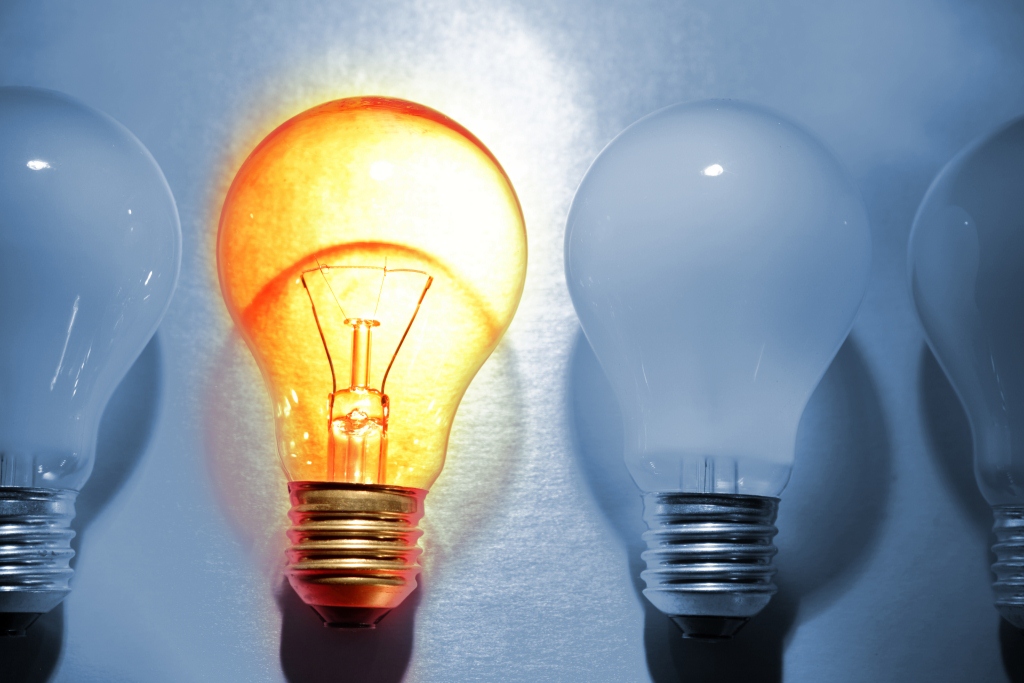FG: We’re targeting 20hrs electricity daily by 2027
The federal government has said plans are ongoing to ensure consumers of electricity in Nigeria enjoy not less than 20 hours of stable power supply daily by 2027. Speaking at the Energy Week in Cape Town, South Africa, Special Adviser to the President on Energy, Olu Verheijen, however, conditioned this on sufficient investment in Nigeria’s […]

save electricity
The federal government has said plans are ongoing to ensure consumers of electricity in Nigeria enjoy not less than 20 hours of stable power supply daily by 2027.
Speaking at the Energy Week in Cape Town, South Africa, Special Adviser to the President on Energy, Olu Verheijen, however, conditioned this on sufficient investment in Nigeria’s oil and gas sector.
A statement by the State House Director of Information and Publicity, Abiodun Oladunjoye, on Thursday, quoted Verheijen as saying: “By 2027, Nigeria aims to ensure 20 hours of electricity daily for consumers in urban areas and industrial hubs.”
Verheijen revealed plans by the President Bola Tinubu-led government to provide more reliable electricity access for the 86 million Nigerians currently underserved, adding that the scheme aims to improve revenue assurance and collection.
Trump: America disappointed the world by its electoral choice – Bolaji Akinyemi
Grid collapse: Shettima demands decentralisation of electricity
Her comments come amid the frequent collapse of Nigeria’s national power grid, which has led to widespread blackouts across the country.
The grid collapsed on Thursday, making it the second incident this week and the twelfth time in the last eleven months.
The development has stirred mixed reactions on social media among Nigerians as they await full power restoration.
Meanwhile, the federal government, through the National Orientation Agency (NOA), has attributed the frequent collapse of the national grid which results in nationwide blackouts to the inability of electricity distribution companies (DisCos) to take power generated.
The NOA explained that while the country has the capacity to generate approximately 13,000 MW of electricity and transmit up to 8,000 MW, the limited infrastructure of DisCos results in system failures.
“On the generation side, with the addition of the 700MW Zungeru hydroelectric plant which came on stream in the second quarter of the year, Nigeria’s national grid now has an installed power generation capacity of about 13,610MW.
“Despite the 13,610MW generation capacity and the over 8,000MW transmission capacity, the total active distribution capacity of the 11 Discos in Nigeria is still hovering around 4,000MW,” NOA stated.
